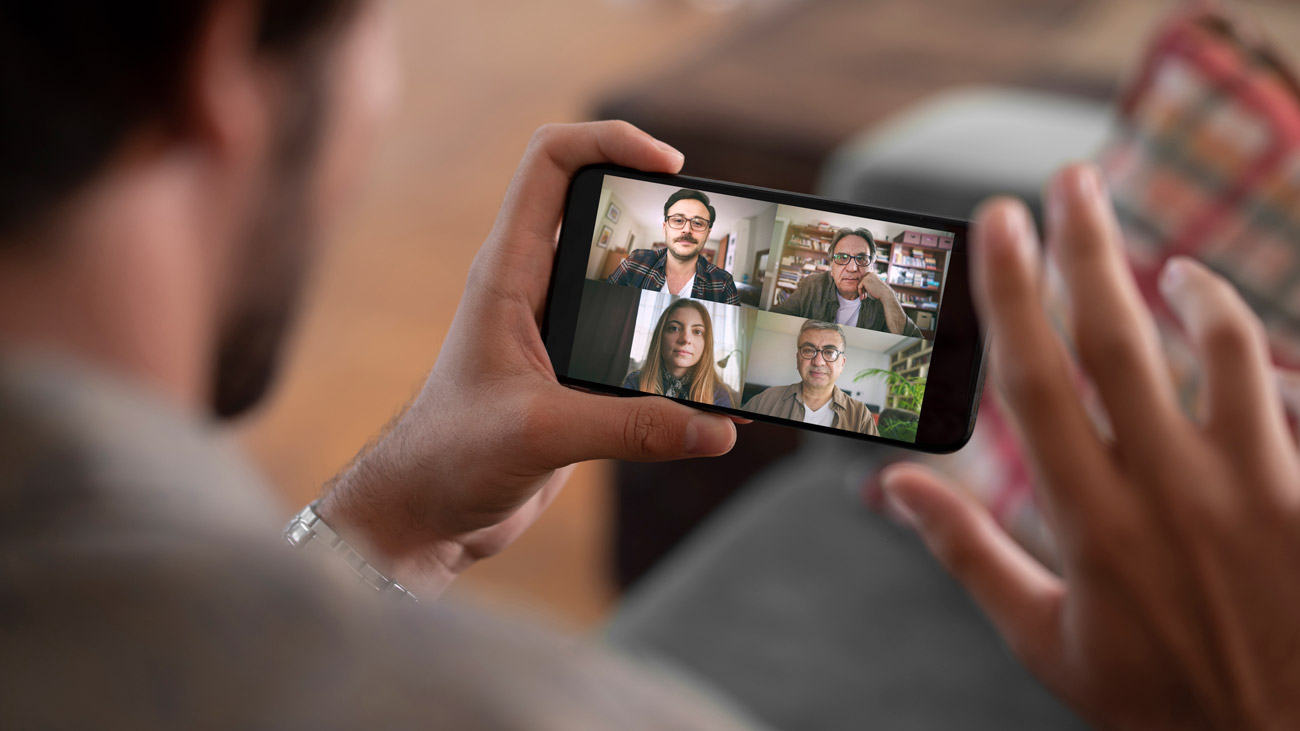
How To Overcome January Blues During The Pandemic
Although the month of January signifies the start of a New Year, and with that the idea of a new start and endless possibilities, it is also seen by many as the most depressing month in our calendar.
With its cold weather and dark evenings, January is a harbinger of seasonal affective disorder (SAD), which is a type of situational depression caused by reduced exposure to daylight. This can cause a feeling of hopelessness and anxiety, suicidal thoughts, lack of energy and sleep problems, changes in appetite and other symptoms of depression.
In addition, the sudden lull in activity after the highs of the Christmas break can lead to a negative impact on mental health. When combined with the aftermath of overindulgence on food and alcohol, the (sometimes) inevitable failure of New Year’s resolutions, and the realisation of post-Christmas debt, it’s no wonder why January is marked by Blue Monday (18th January 2021), the name given to what has been called ‘the most depressing day of the year’.
However, this January will likely feel even worse for those with existing depression or SAD, as the pandemic continues its prevalence throughout the world. According to statistics recorded by Public Health England, the average mental distress of UK adults rose by 8.1% after the onset of the pandemic, while ‘adults with pre-existing mental health conditions have reported higher levels of anxiety, depression and loneliness than adults without pre-existing mental health conditions’. While the UK is in the midst of a third national lockdown, feelings of depression, anxiety, loneliness, and other negative emotions, are likely to worsen in consideration of the situational mental health issues associated with the month of January.
If you are experiencing or beginning to experience the January blues, here are some ways to help improve your mental state.
1. Natural light therapy
As SAD is said to be caused by reduced exposure to sunlight, exposing oneself to natural light may help to reverse its symptoms. One study showed that patients with SAD who walked outside for an hour every day for one week had a reduction in cortisol (the stress hormone) and a 50% improvement in their depression score.
How does this work? Exposure to sunlight, although harmful over long, continuous periods, triggers the release of serotonin within the body. This hormone boosts mood and helps us feel calmer. This, combined with the endorphins released from exercise, plus the stimulation of fresh air and natural surroundings, helps to combat negative feelings.
2. Support Networks
A support network is a group of trusted individuals who you can turn to when you are feeling low, or to check in with regularly to maintain a sense of support and security.
The people in your support network should be just that – supportive. Avoid those who gaslight you (dismiss your mental health concerns) as interactions with these people can make you feel isolated, worsening your mental state.
During the pandemic and lockdown, it may be impossible to have physical contact with your support network. In this case, make use of other communication methods, such as phone calls, video calls and messages. You may even want to join a virtual community through social media or an online forum, to find other people who are going through a similar situation.
3. Repetitive Transcranial Magnetic Stimulation
A painless alternative to antidepressants, repetitive transcranial magnetic stimulation (rTMS) is a breakthrough treatment for depression. Available at The London Psychiatry Centre, rTMS allows patients with depression to receive effective treatment without the many side effects associated with antidepressant medication, including nausea, sleeping problems, fatigue, anxiety and low sex drive.
The non-invasive treatment is delivered through a machine with a magnetic coil, which emits pulses into the left or right Dorso-Lateral Prefrontal Cortex. Each session lasts around 40 minutes, and does not require sedation, but does require the patient to be still and relaxed.
At The London Psychiatry Centre, 59% of women and 62% of men who have been treated for Treatment-Resistant Depression (TRD) with rTMS have recovered.
Dr Christos Kouimtsidis, Consultant at The London Psychiatry Centre, says, “rTMS is an innovative treatment that is successful for all types of depression. At this time of year, and in the current circumstances, it can feel as if there is no relief from depression, especially for those who have little contact with others through self-isolation. But rTMS can provide alleviation from this debilitating mental health condition after just a few sessions, allowing patients to successfully recover without having to turn to medication.”
Dr Kouimtsidis has developed a motto to help his patients cope with the pandemic: Manage, maintain, maximise. This can be helpful for everyone, not just those with mental health issues. He encourages his patients to manage risks to their mental health, to maintain structure (for example, routines and relationships), and maximise the benefits of this new situation we find ourselves in (for example, more time to spend on things we didn’t feel like we had time for before).
In Conclusion
If you are suffering from depression, whether due to SAD, the impact of the pandemic, or otherwise, remember that you are not alone and help is always available, whether from health professionals or your support network.
We understand that going out during the pandemic can feel worrying but you can rest assured that we are taking the appropriate precautions against COVID-19 in the clinic and are maintaining the very highest standards of cleanliness.
At The London Psychiatry Centre we are still able to provide in-clinic appointments but are also offering telephone appointments for those with mental health concerns, who are unable to leave their homes during the pandemic. To arrange an appointment, call us on 020 7580 4224 or email info@psychiatrycentre.co.uk


